When founders step into the realm of venture capital (VC) fundraising, they embark on a journey laden with questions. Understanding and effectively responding to these queries is crucial for securing investments. Here’s a breakdown of typical VC questions and their significance.
Unraveling the Enigma: Deciphering VC Questions
What Problem Are You Solving?
- Decoding Market Needs: Understanding the pain points or market gaps the startup addresses.
- Significance of Solution: Assessing if the startup resolves significant issues or creates demand.
What’s Your Unique Value Proposition?
- Standing Out: Highlighting what sets the startup apart from competitors.
- Competitive Advantage: Demonstrating why customers would prefer the startup over existing solutions.
Who Is Your Target Market?
- Defining the Audience: Clarifying the startup’s target demographic and market segment.
- Customer Insight: Exhibiting a clear understanding of potential customers and effective targeting strategies.
What’s Your Go-to-Market Strategy?
- Market Penetration: Outlining plans for customer acquisition and market expansion.
- Strategic Execution: Demonstrating a well-defined approach for scaling within the target market.
What’s Your Traction?
- Progress Check: Evaluating the startup’s achievements and market validation.
- Milestone Markers: Looking for indicators such as user growth, revenue, and partnerships.
What’s Your Monetization Strategy?
- Revenue Generation: Understanding how the startup plans to generate income.
- Business Model Clarity: Providing insights into potential revenue streams and profitability.
Who Is on Your Team?
- Assessing Capabilities: Evaluating the founders’ skills and team strength.
- Execution Potential: Gauging the team’s ability to actualize the startup’s vision.
What Are Your Key Metrics?
- Performance Evaluation: Understanding how success is measured.
- Progress Indicators: Highlighting key performance indicators (KPIs) reflecting growth and progress.
What Are the Biggest Risks to Your Business?
- Risk Assessment: Identifying potential challenges and mitigation plans.
- Resilience Strategy: Demonstrating awareness of risks and preparedness to tackle them.
How Much Funding Are You Looking For, and What Will You Use It For?
- Funding Needs Clarification: Outlining the required capital and its utilization.
- Goal Alignment: Ensuring alignment between funding goals and milestone achievements.
In essence, these questions reflect VC’s keen interest in various facets of the startup, including market opportunity, differentiation, execution strategy, team dynamics, risks, and funding requirements. Mastering the art of answering them effectively empowers founders to craft a compelling investment case. Before engaging with potential investors, thorough preparation for these inquiries is paramount.
Learn More : www.pontaq.vc





